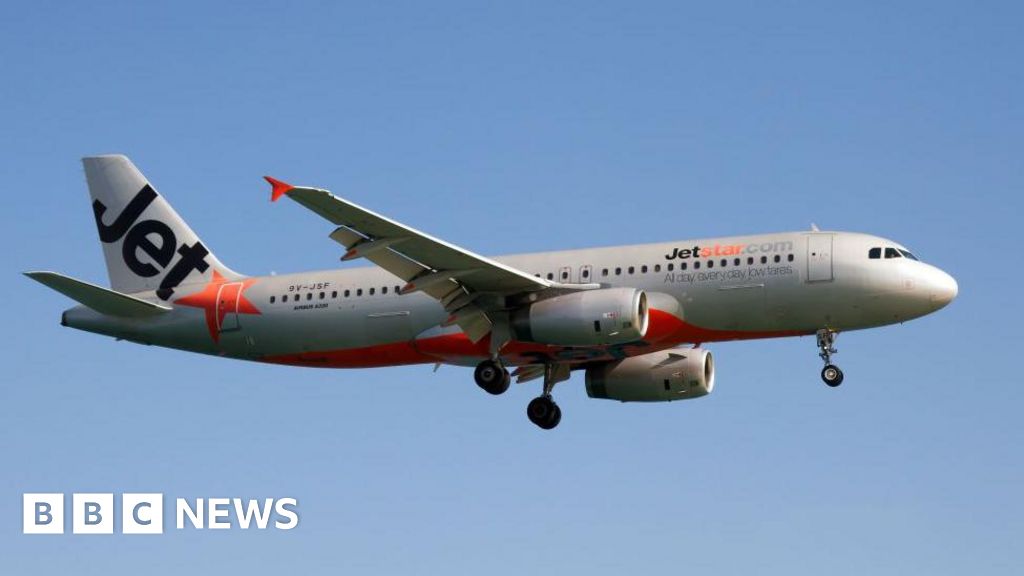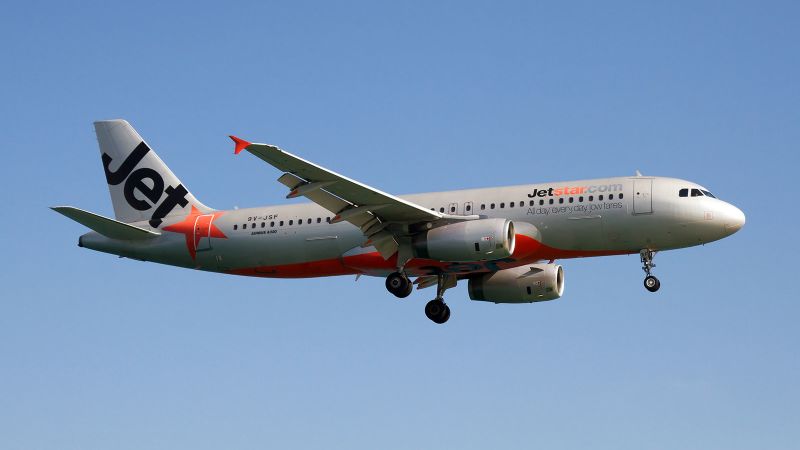Qantas Shuts Down Jetstar Asia Amid Rising Costs and Competition
Qantas is closing Jetstar Asia to cut costs and invest $500 million in fleet renewal, offering refunds and support to affected passengers and employees.
Overview
A summary of the key points of this story verified across multiple sources.
- Qantas is shutting down its budget airline Jetstar Asia due to rising supplier costs and increased competition in the region.
- The closure aims to free up $500 million for fleet renewal investments.
- Passengers with existing bookings on cancelled flights will receive full refunds or alternative travel options.
- Qantas will provide redundancy benefits and support to all employees impacted by the closure.
- The decision reflects Qantas's strategy to streamline operations in a challenging market environment.
Content generated by AI—learn more or report issue.

Get both sides in 5 minutes with our daily newsletter.
Analysis
Compare how each side frames the story — including which facts they emphasize or leave out.
Analysis unavailable for this viewpoint.
Articles (3)
Compare how different news outlets are covering this story.
Center (1)
FAQ
Dig deeper on this story with frequently asked questions.
The main reasons for the closure of Jetstar Asia include steep increases in supplier costs, rising airport charges, and intensified low-cost competition across the region.
Passengers with existing bookings on cancelled flights will receive full refunds or alternative travel options.
The final day of service for Jetstar Asia is July 31, 2025.
History
See how this story has evolved over time.
- This story does not have any previous versions.


